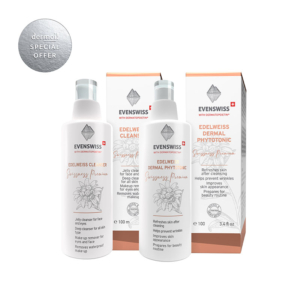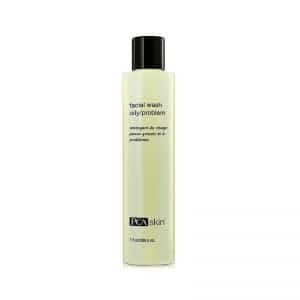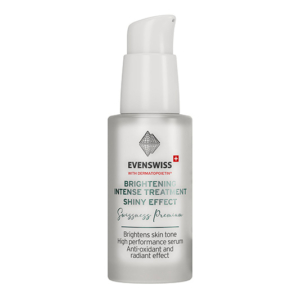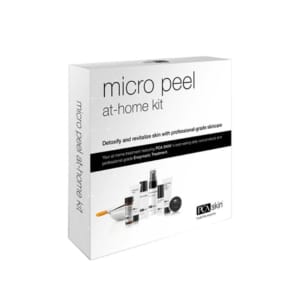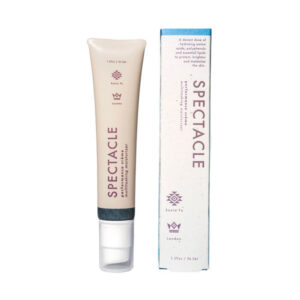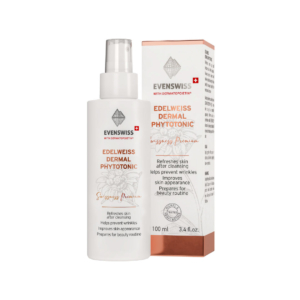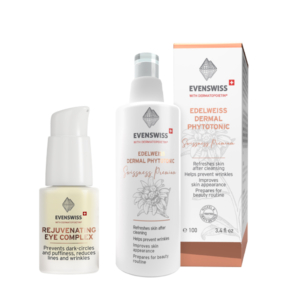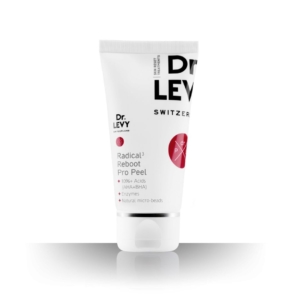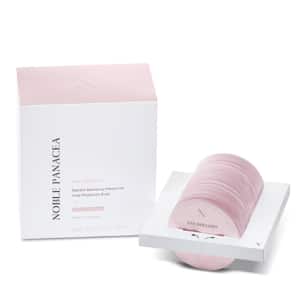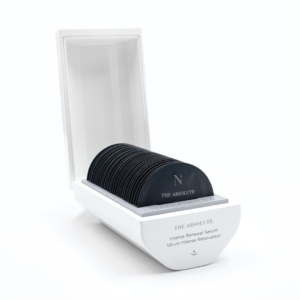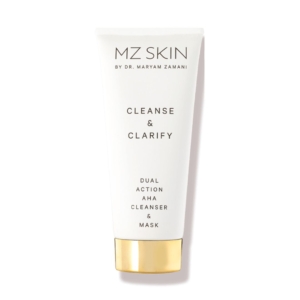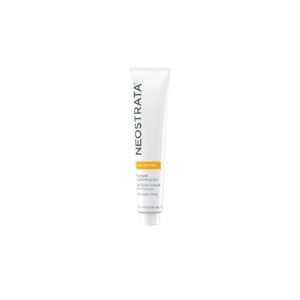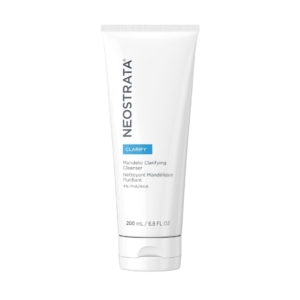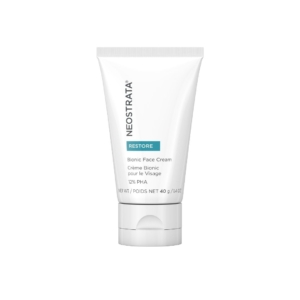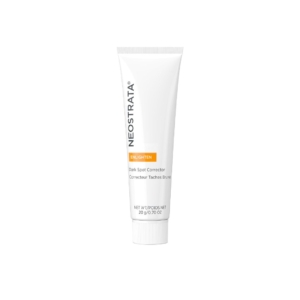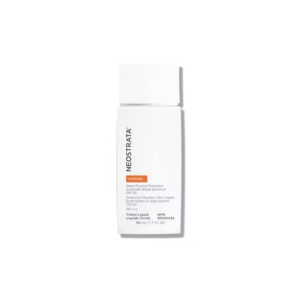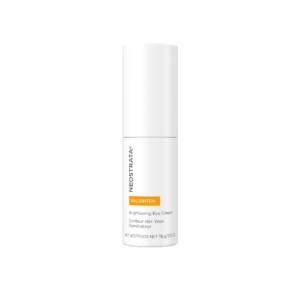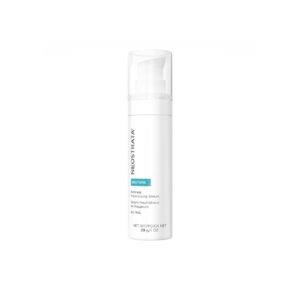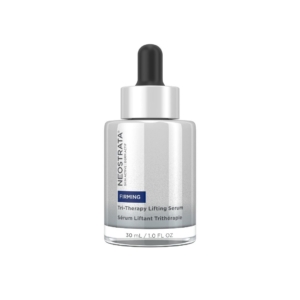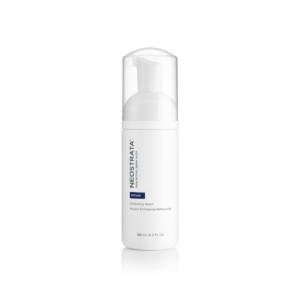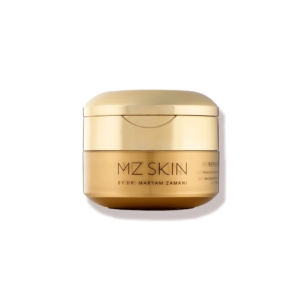Exploring the Next Generation: Polyhydroxy Acids in Skincare
Polyhydroxy Acids (PHAs) are a class of skincare acids that are often thought of as a next generation hydroxy acid. This is because they function in a similar way to other hydroxy acids (AHAs and BHAs) as they exfoliate the skin but have additional benefits.
The Power of Polyhydroxy Acids: Exfoliation and Beyond
Exfoliation is a powerful step in any skincare regime as it releases dead skin cells on the surface of the skin that contribute to dullness, acne, and clogged pores.
Gentle Exfoliation with Polyhydroxy Acids: A Non-Irritating Alternative
PHAs exfoliate the skin, just like other hydroxy acids, by interfering the bonds that hold dead skin cells to the surface of the skin (desmosomes). By breaking apart desmosomes, skin cells are released from each other and from the outer layer of the skin.
Hydration and Protection: Polyhydroxy Acids Additional Benefits
PHAs have a variety of additional benefits. Firstly, they are non-irritating, making them an excellent alternative for those who find alpha-hydroxy acids too harsh, or have sensitive skin or rosacea.
PHAs will not cause the redness, stinging, or burning sensations commonly seen with the use of AHAs. Because of this, PHAs can also be used around the eye area.
The Hydrating and Protective Power of PHAs (Polyhydroxy Acids)
PHAs also act as humectants. This means they have the ability to draw water into the skin and increase skin hydration levels. Lastly, PHAs can have antioxidant properties. This defends the skin against environmental oxidative stress that leads to inflammation and premature aging.
Gluconolactone: The Multi-Benefit Polyhydroxy Acid Hero
An extremely common polyhydroxy in skincare formulations is gluconolactone. Gluconolactone gently exfoliates the skin, providing textural improvement and increased clarity, but can also strengthen skin barrier function, provide antioxidant benefits, and additional hydration.
Q&A
What role do polyhydroxy acids play in skincare, and how are they commonly used?
Polyhydroxy acids (PHAs) in skincare act as gentle exfoliants, improving skin texture and clarity. They are often found in formulations like polyhydroxy cream to provide these benefits.
What does polyhydroxy acid do for the skin, and what are its key attributes?
Polyhydroxy acids (PHAs) in skincare gently exfoliate the skin, promoting smoother texture and increased clarity.
Their non-irritating nature makes them suitable for sensitive skin types, making polyhydroxy acid skincare a popular choice.
How can polyhydroxy acid skincare benefit the skin beyond exfoliation?
Polyhydroxy acids (PHAs) not only exfoliate the skin gently but also strengthen the skin barrier, provide antioxidant benefits, and offer additional hydration.
This multi-benefit approach makes polyhydroxy acid skincare a versatile option for improving overall skin health.
References
1. Green B, Yu R, Van Scott E. Clinical and Cosmeceutical Uses of Hydroxyacids. Clinics in Dermatology. 2009;27(5):495-501.4
2. Bowes L. The Science of Hydroxy Acids: Mechanisms of Action, Types and Cosmetic Applications. Journal of Aesthetic Nursing. 2013;2(2):77-81.
